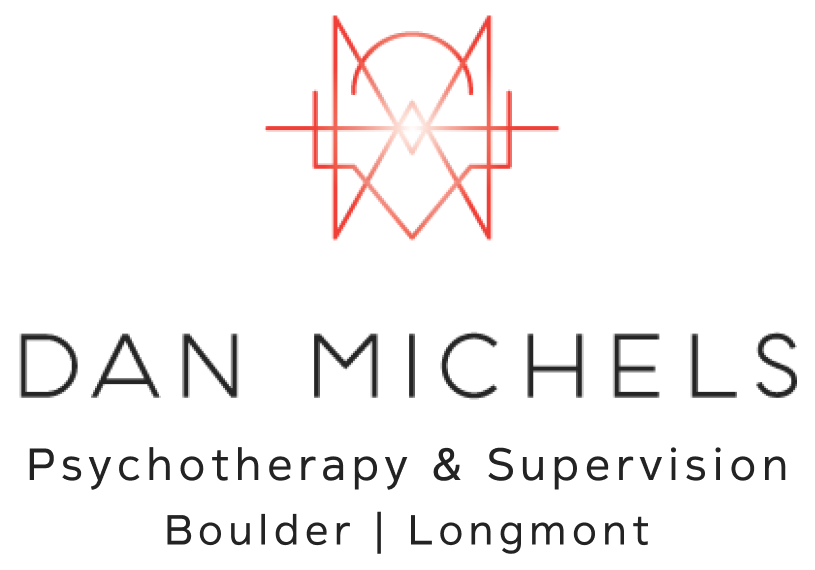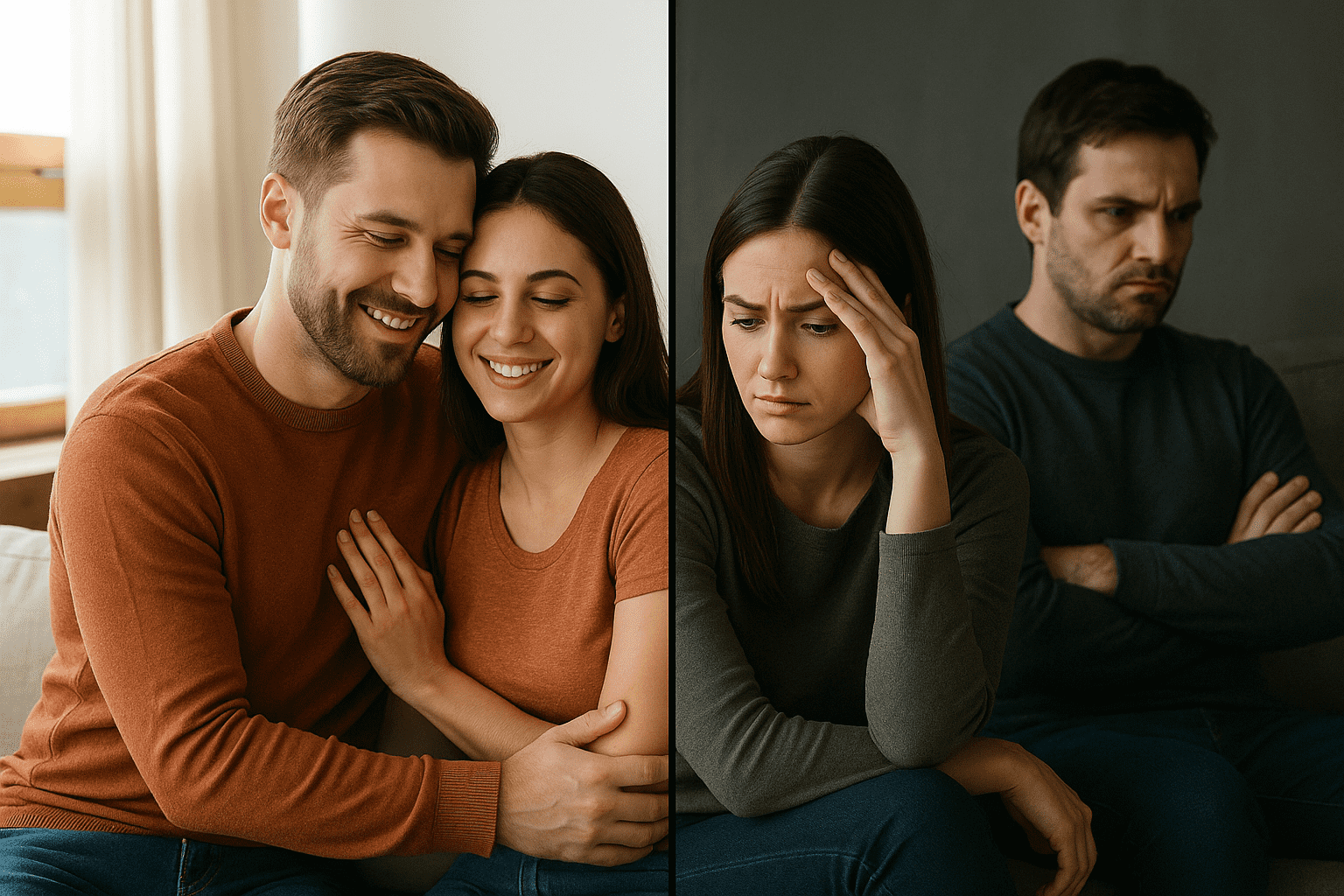Marriage isn’t always easy. No matter how deeply two people love each other, long-term relationships face inevitable challenges. When communication breaks down or emotional distance creeps in, many couples consider marriage counseling to help them reconnect. It can be a lifeline. But like anything, it has its strengths and its limitations.
In this blog, we’ll explore what marriage counseling and couples therapy can offer, when it works, when it might not, and how to make the most of it if you decide to take that path. If you’re located in Colorado, especially near Boulder, this might be the perfect time to explore how counseling can support your relationship goals.
Understanding Marriage Counseling
Marriage counseling is a type of psychotherapy designed to help couples understand one another, improve communication, and resolve conflicts. It’s typically facilitated by a licensed marriage or couples counselor trained in relational dynamics. Whether you’re facing persistent arguments, emotional withdrawal, infidelity, or feeling stuck, counseling offers a structured environment to work through it.
According to research published in the Journal of Marital and Family Therapy, nearly 70% of couples report improvements in relationship satisfaction after engaging in therapy. It’s not magic, but it is a proven, evidence-based path to healing for many.
For more on how healthy conflict plays a role in strong partnerships, see our blog on Practice Fighting.
The Good: How Marriage Counseling Helps
- Communication Gets a Reset
So many couples struggle with misunderstandings, blame, or emotional shutdown. A skilled couples therapist guides you both in learning how to talk so your partner listens, and vice versa. You’ll also learn to identify destructive communication patterns before they become habits. - Rebuilding Trust
When trust has been broken—due to infidelity, secrecy, or emotional neglect—therapy offers a safe container for repair. This doesn’t happen overnight, but with commitment, many couples find a new foundation that’s even stronger than before. - Seeing the Bigger Picture
It’s easy to get caught in “who’s right” arguments. A couples counselor helps shift the perspective to what each person needs, feels, and fears. This leads to deeper empathy and often brings clarity to what’s really going on beneath the surface. - Custom Tools for Your Relationship
There isn’t a one-size-fits-all approach. From conflict resolution to rebuilding intimacy, therapy offers tailored strategies. Some therapists even use attachment-based or emotionally focused therapy (EFT) models that zero in on how your emotional wiring influences your patterns.
For a deeper dive into how healthy emotional bonds work, check out What is Secure Functioning?.
The Bad: When Marriage Counseling Doesn’t Work
- It Requires Buy-In from Both Partners
If one partner is unwilling, closed off, or only shows up to prove the other wrong, progress stalls. Marriage counseling is not about fixing your partner; it’s about changing how you relate as a unit. - It’s Not a Quick Fix
A few sessions won’t undo years of tension. Therapy takes time. And sometimes things get harder before they get better. That’s part of the process. - It’s Not Safe in Every Situation
Couples therapy is not appropriate where there is ongoing abuse, coercion, or significant power imbalance. As explained by the National Domestic Violence Hotline, therapy in such cases can be dangerous and retraumatizing. If abuse is present, safety planning and individual therapy are the priority. - The Gains Can Fade
Even when couples experience improvement during therapy, the benefits may fade if the insights aren’t integrated into everyday life. That’s why consistency and follow-through are so important. - Access and Cost Can Be Barriers
Not everyone has access to affordable, high-quality therapists. This can be especially tough for low-income couples or those living in areas with few services. While some turn to online couples therapy in Colorado and beyond for flexibility and lower costs, it still requires time, effort, and stable internet access.
For details on what our approach looks like, visit our Online Couples Therapy page.
About Dan Michels, MA, CHT, LPC
Dan Michels is a licensed professional counselor and certified Hakomi therapist based in Boulder, Colorado. With years of clinical experience, Dan specializes in couples therapy, secure functioning relationships, and experiential psychotherapy. His work blends insight, emotional safety, and practical change, guiding couples toward deeper connection and lasting repair.
He currently offers psychotherapy and clinical supervision and welcomes couples across Colorado, including those seeking online couples therapy in Colorado and beyond.
New Clients: Dan is currently offering a 30-minute free consultation for those who are exploring if therapy is the right fit. It’s a great opportunity to ask questions, learn more about his approach, and see if the connection feels right.
Making the Most of Couples Counseling
If you and your partner decide to pursue counseling, showing up with curiosity and openness is key. Be ready to hear things that challenge you. Be ready to practice new behaviors that feel unfamiliar. Most importantly, remember that therapy works best when it’s a team effort.
Choosing the right couples therapist also matters. Look for someone who aligns with your values, has specialized training in relational work, and creates an emotionally safe space for both of you. Don’t be afraid to ask about their approach and if after a few sessions you don’t feel a fit, it’s okay to switch.
FAQs About Marriage Counseling
Q: How long does marriage counseling usually last?
A: It varies. Some couples benefit from just a few sessions, while others commit for several months or longer. Most see results after 8–12 sessions with consistent effort.
Q: What if my partner refuses to attend?
A: You can still benefit from individual therapy to work through your emotions and improve how you show up in the relationship. Change in one partner often shifts the dynamic.
Q: Can online couples therapy be as effective as in-person?
A: Yes. Many couples find that online therapy offers the same emotional depth and progress, especially when it’s conducted by experienced therapists who specialize in virtual sessions.
Q: What should we look for in a couples counselor?
A: Look for credentials (like LMFT or LPC), specialization in couples or family systems, a warm and impartial demeanor, and client-centered practices.
Ready to Take the Next Step?
If you and your partner are considering therapy, we’re here to support your journey. At Dan Michels Therapy, we offer compassionate, research-backed approaches tailored to your unique connection.
Located in Boulder, Colorado? Schedule a free 30-minute consultation to explore if working with Dan is the right step for your relationship.
Schedule Your First Session Today or explore more resources on our blog.

